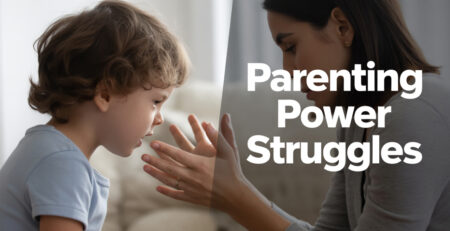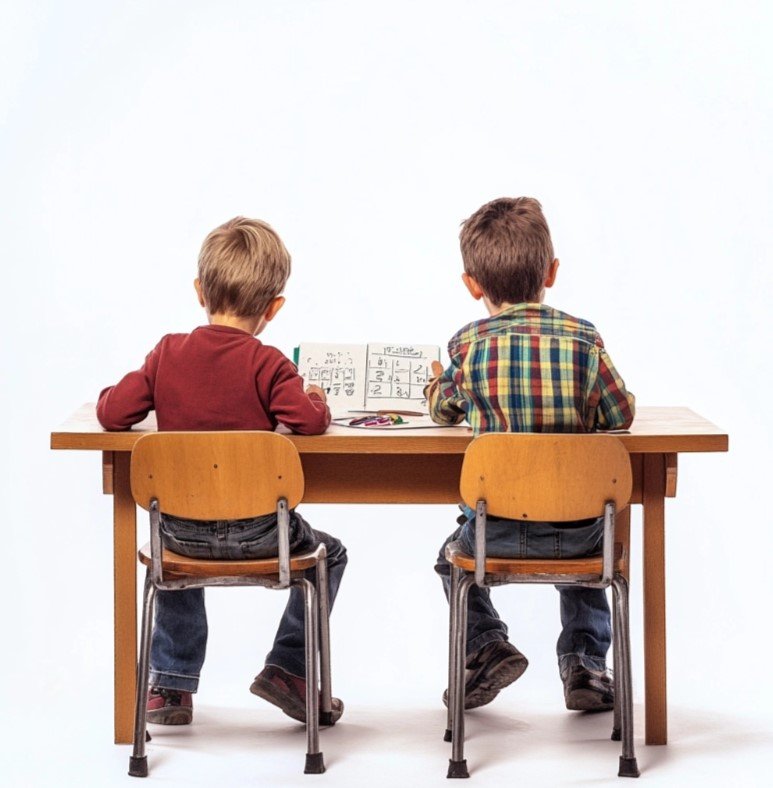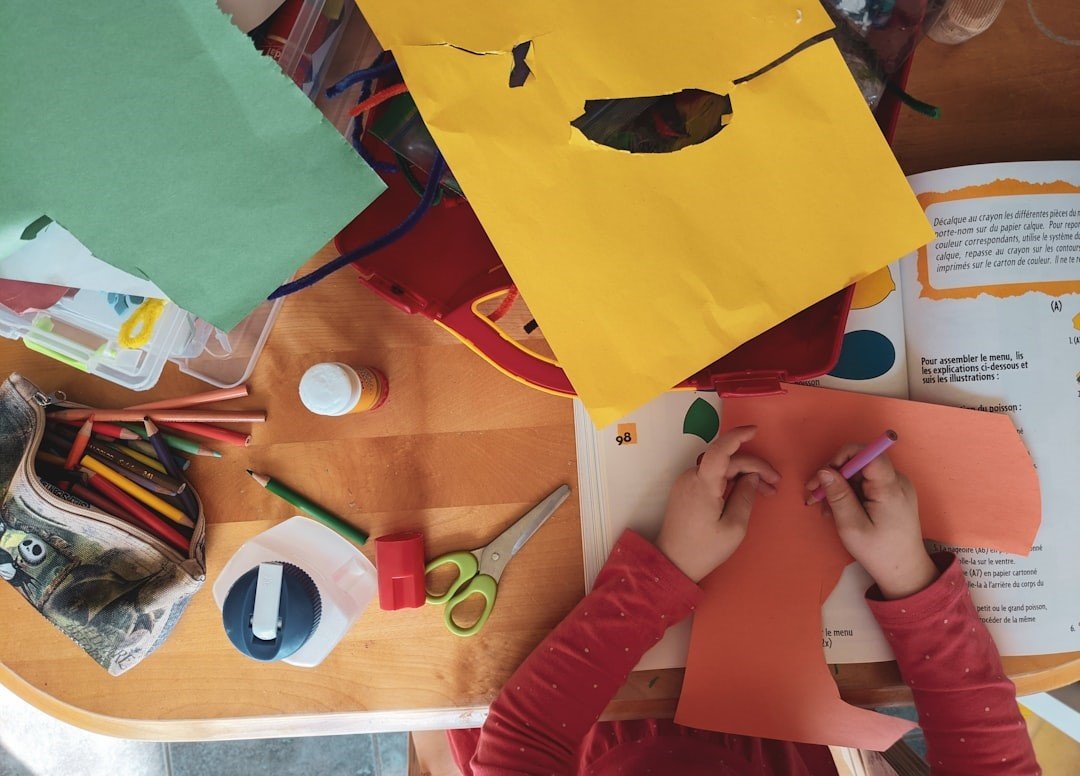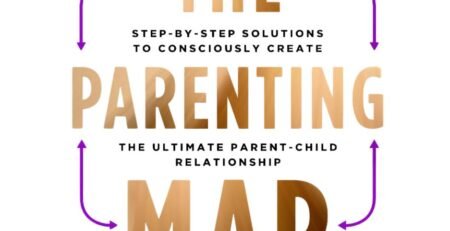Is Your Child an Extrovert or an Introvert?
Understanding Your Child’s Personality Through Brain Chemistry
Ah, parenting. It’s a rollercoaster filled with joy, challenges, and more coffee than you thought humanly possible. But beyond the caffeine that keeps us going, have you ever wondered what makes your child tick? Why some kids seem to bounce off the walls at a birthday party while others prefer a quiet corner with a book?
Well, it turns out, the answer might be hiding in the tiny neurotransmitters buzzing around in their brains, especially dopamine—a key player in how we experience pleasure, make decisions, and yes, even whether we lean towards being an extrovert or an introvert. Let’s dive into how this works and how understanding it can help you better connect with your child.
Dopamine: The Brain’s Pleasure Booster
Dopamine is like the brain’s own little party planner. It’s the chemical responsible for the “feel-good” signals in our brains. Imagine this: when you drink your morning cup of coffee, it’s dopamine that gives you that little rush of happiness and motivation to start your day. Now, consider if someone’s baseline level of dopamine is higher than yours—they might naturally feel more pleasure without needing that caffeine kick. Conversely, someone with lower levels might not feel as joyful until they’ve had their morning fix.
These differences in dopamine levels can shape our personalities and behaviors, influencing how we respond to the world around us. So, how does this relate to your child’s personality, particularly whether they’re more introverted or extroverted?
Extroverts vs. Introverts: The Dopamine Connection
Extroverted kids are the ones who seem to draw energy from social interactions and external stimuli. They love the buzz of a busy playground or the excitement of a new adventure. This is because, for extroverts, unexpected rewards or surprises trigger a more significant release of dopamine. Think of it like earning extra points in a video game every time something fun or new happens—they’re wired to chase those “pleasure points” in real life!
Introverted kids, on the other hand, might prefer quieter activities and feel more comfortable in familiar, less stimulating environments. Their brains release less dopamine in response to the same stimuli that might thrill an extrovert. This doesn’t mean they’re not happy or don’t enjoy themselves; they just don’t need the same level of external excitement to feel satisfied.
Practical Tips for Parenting Extroverts and Introverts
Understanding where your child falls on this spectrum can help you create an environment that supports their natural tendencies and encourages them to thrive. Here are some practical tips to consider:
For Your Extroverted Child:
1. Provide Plenty of Opportunities for Social Interaction: Extroverted children often feel happiest when they’re around others. Arrange playdates, encourage participation in group activities or team sports, and give them chances to socialize in a variety of settings.
2. Keep Things Exciting: Extroverts thrive on novelty and change, so try to keep their environment stimulating. This doesn’t mean you need to constantly entertain them, but introducing new activities, games, or experiences can help keep their dopamine levels satisfied.
3. Teach Self-Regulation: Because extroverts can be more susceptible to the allure of external rewards (like sweets or screen time), it’s crucial to help them learn self-control. Set clear boundaries and help them practice patience and delayed gratification.
For Your Introverted Child:
1. Respect Their Need for Downtime: Introverted children recharge by spending time alone or in quieter settings. Make sure they have a space where they can retreat and relax without pressure. It’s okay if they don’t want to join every social activity or need time to themselves after a busy day.
2. Encourage Deep Focus Activities: Introverts often enjoy activities that allow them to focus deeply, like reading, puzzles, or drawing. Provide materials and opportunities for these kinds of hobbies, and let them immerse themselves fully.
3. Support Social Interactions in Comfortable Settings: While introverts may not seek out large groups, they still benefit from social connections. Encourage one-on-one playdates or small group activities where they can interact at their own pace without feeling overwhelmed.
Is One Type Better Than the Other?
You might be wondering, is it better for my child to be an extrovert or an introvert? The answer is simple: neither is inherently better than the other. Each personality type comes with its own strengths and challenges. While extroverts might seem more cheerful or motivated, they can also be prone to impulsivity and struggle with delayed gratification. Introverts, meanwhile, may be more introspective and self-sufficient but could feel overwhelmed by too much external stimulation.
Understanding these traits as part of a spectrum influenced by brain chemistry, like dopamine, can help you see your child’s behavior through a more empathetic and scientific lens. It’s not about changing who they are but about helping them navigate the world in a way that feels most comfortable for them.
Balancing the Brain’s Chemical Cocktail
Please note that dopamine is just one of many neurotransmitters influencing your child’s mood and behavior. Chemicals like serotonin, oxytocin, and cortisol also play significant roles in how your child feels and interacts with the world. Each child’s unique “neural cocktail” makes them who they are—different, special, and wonderfully themselves.
As parents, your job isn’t to try to change your child’s nature but to understand it better. Recognize that whether your child is an introvert, an extrovert, or somewhere in between, they are equipped with their own set of tools to thrive in the world. With a bit of patience, love, and a deeper understanding of what makes them tick, you can help them navigate their path with confidence and joy.
So, the next time you’re sipping that coffee and wondering why your child behaves the way they do, just remember: their brain is a complex place, full of surprises—and isn’t that what makes parenting such an adventure?
Happy Parenting!













LEAVE A COMMENT